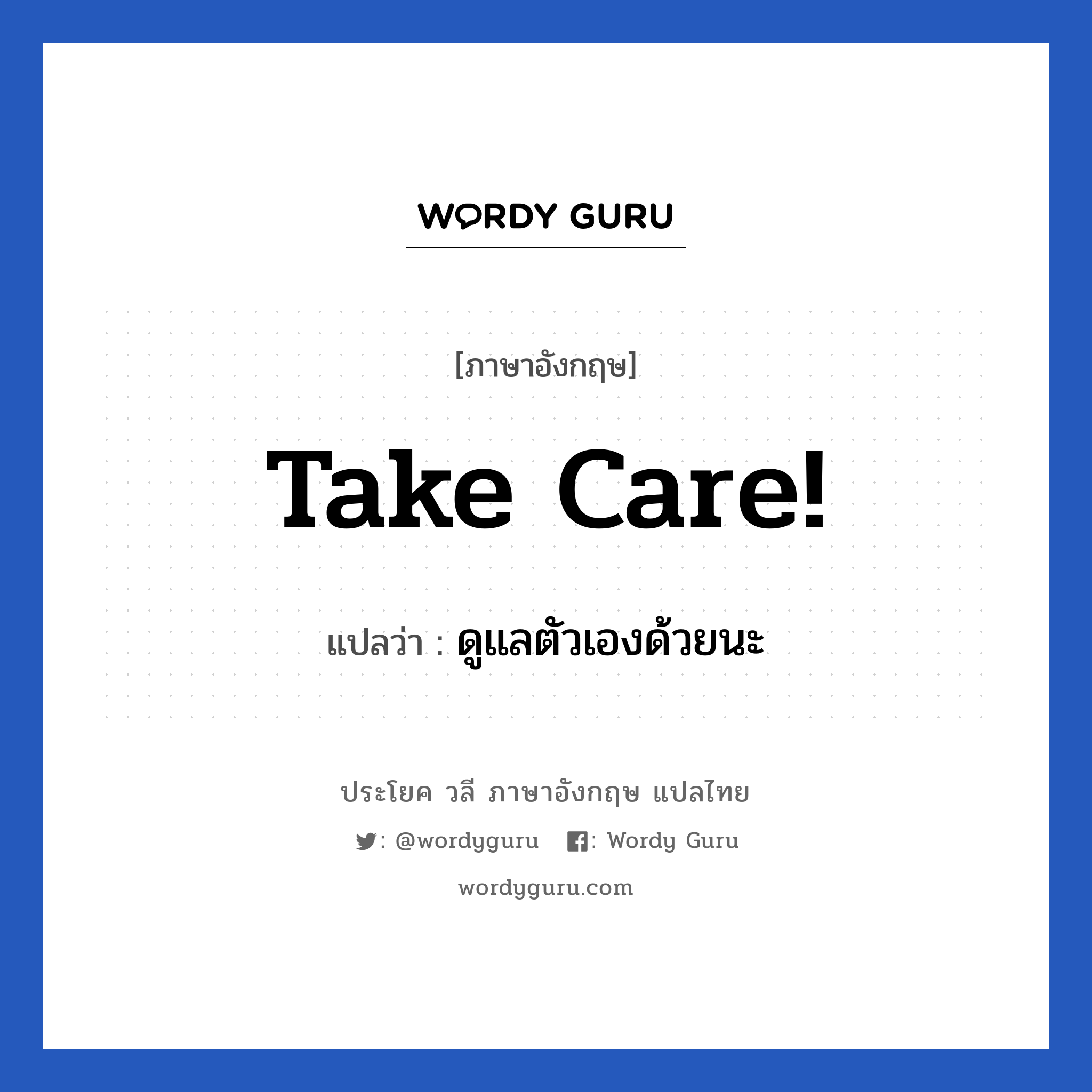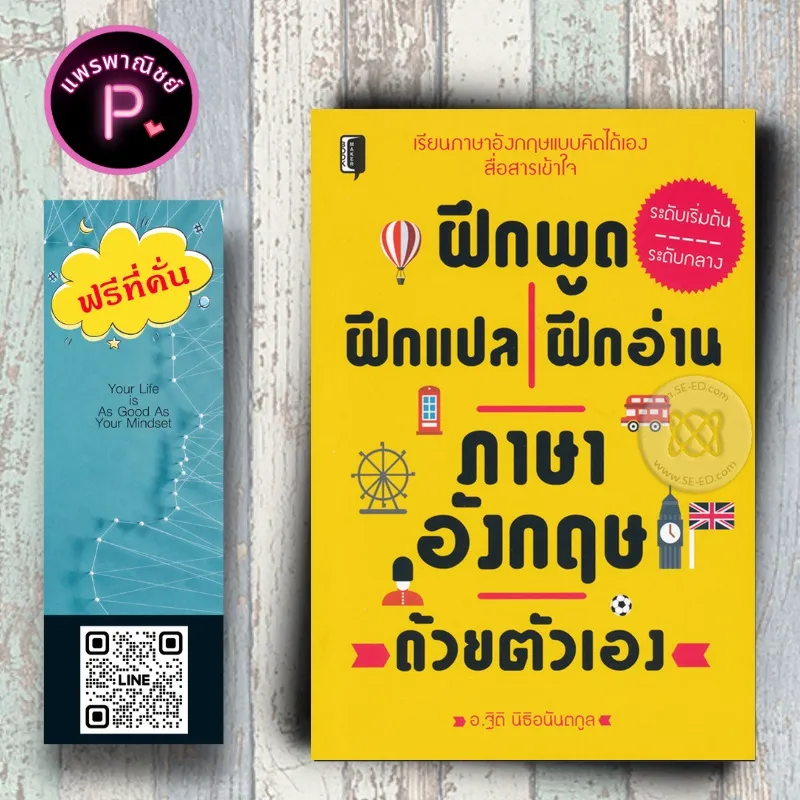ดูแลตัวเองด้วยนะ แปลภาษาอังกฤษ: ความสุขและความเป็นมีในชีวิต
ดูแลตัวเองด้วยนะ เป็นห่วง หายไว ๆ ภาษาอังกฤษว่าอย่างไร
Keywords searched by users: ดูแลตัวเองด้วยนะ แปลภาษาอังกฤษ
htmlhtml> <html lang="th"> <head> <meta charset="UTF-8"> <meta name="viewport" content="width=device-width, initial-scale=1.0"> <title>ดูแลตัวเองด้วยนะ แปลภาษาอังกฤษtitle> <style> body { font-family: 'Tahoma', sans-serif; line-height: 1.6; margin: 20px; } h2 { color: #2e598a; border-bottom: 2px solid #2e598a; padding-bottom: 5px; margin-top: 30px; } p { text-align: justify; } ul { margin-bottom: 20px; } li { margin-bottom: 10px; } a { color: #2e598a; text-decoration: none; font-weight: bold; } a:hover { text-decoration: underline; } .faq-section { border-top: 2px solid #2e598a; padding-top: 20px; margin-top: 30px; } style> head> <body> <h2>Understanding Self-Care (เข้าใจหลักการดูแลตัวเอง)h2> <p> Taking care of oneself is a vital aspect of maintaining overall well-being. It involves a conscious effort to address various aspects of our lives, from physical health to emotional and mental well-being. This comprehensive guide will walk you through the key elements of self-care, helping you establish a balanced and fulfilling life. p> <h2>Identifying Personal Needs (การรู้จักความต้องการส่วนบุคคล)h2> <p> The first step in effective self-care is recognizing your personal needs. This involves introspection and understanding what aspects of your life require attention and nurturing. Whether it's setting boundaries, expressing emotions, or seeking social connections, identifying your needs is fundamental to a successful self-care routine. p> <h2>Establishing Healthy Habits (การสร้างนิสัยที่ดีต่อสุขภาพ)h2> <p> Healthy habits contribute significantly to overall well-being. This includes regular exercise, balanced nutrition, and sufficient rest. Establishing these habits not only improves physical health but also positively impacts mental and emotional states. The key is consistency and making these habits a part of your daily routine. p> <h2>Mental and Emotional Well-being (สุขภาพจิตและอารมณ์)h2> <p> Mental and emotional well-being are interconnected and crucial for a balanced life. Practices such as mindfulness meditation, stress management, and emotional expression play pivotal roles in nurturing a healthy mindset. Taking time for self-reflection can also enhance emotional intelligence and resilience. p> <h2>Physical Fitness and Nutrition (การออกกำลังกายและโภชนาการ)h2> <p> Engaging in regular physical activity is a cornerstone of self-care. It not only improves physical fitness but also releases endorphins, boosting mood and reducing stress. Coupled with proper nutrition, this forms the foundation for a healthy and energetic life. p> <h2>Stress Management Techniques (เทคนิคการจัดการกับความเครียด)h2> <p> Stress is an inevitable part of life, but effective stress management is essential for overall well-being. This section explores various techniques, including deep breathing, time management, and adopting a positive mindset, to help you cope with and reduce stress in your daily life. p> <h2>Quality Sleep Practices (การนอนหลับที่มีคุณภาพ)h2> <p> Adequate and quality sleep is vital for physical and mental restoration. This segment delves into creating a conducive sleep environment, establishing a bedtime routine, and addressing common sleep issues to ensure you wake up feeling refreshed and ready for the day. p> <h2>Social Connection and Support (ความเชื่อมโยงทางสังคมและการสนับสนุน)h2> <p> Humans are social beings, and fostering meaningful connections is crucial for well-being. This part explores the importance of social interactions, building a support system, and seeking help when needed. Strong social bonds contribute significantly to emotional resilience. p> <h2>Continuous Self-Reflection and Improvement (การพิจารณาตนเองและการพัฒนาตนเองอย่างต่อเนื่อง)h2> <p> Self-care is an ongoing process that requires continuous self-reflection and improvement. This final section encourages you to assess your self-care practices regularly, adjust as needed, and embrace personal growth. Remember, self-care is a journey, not a destination. p> <div class="faq-section"> <h2>Frequently Asked Questions (คำถามที่พบบ่อย)h2> <ul> <li> <strong>What is self-care?strong> <p>Self-care is the intentional practice of taking actions to preserve or improve one's own health and well-being, encompassing various aspects of life.p> li> <li> <strong>How do I identify my personal needs?strong> <p>Start by reflecting on different areas of your life – physical, emotional, social. Consider what activities or practices bring you joy and fulfillment.p> li> <li> <strong>Why is social connection important for self-care?strong> <p>Connecting with others provides emotional support, reduces feelings of isolation, and contributes to a sense of belonging, all of which are crucial for overall well-being.p> li> <li> <strong>Can self-care practices improve mental health?strong> <p>Absolutely. Engaging in self-care activities, such as mindfulness and stress management, can significantly enhance mental well-being and resilience.p> li> <li> <strong>How often should I reassess my self-care routine?strong> <p>Regular self-reflection is beneficial. Aim to reassess your self-care practices every few weeks or whenever you notice changes in your needs or circumstances.p> li> ul> div> body> html>
This HTML document provides an article in Thai about “ดูแลตัวเองด้วยนะ แปลภาษาอังกฤษ” (Taking Care of Yourself in English). The article covers various aspects of self-care, including understanding the concept, identifying personal needs, establishing healthy habits, mental and emotional well-being, physical fitness and nutrition, stress management techniques, quality sleep practices, social connection and support, and continuous self-reflection and improvement. Additionally, it includes a Frequently Asked Questions (FAQs) section at the end to address common queries related to self-care. The provided HTML code can be used as a template for publishing the article online.
Categories: รายละเอียด 67 ดูแลตัวเองด้วยนะ แปลภาษาอังกฤษ

Take care of yourself. ดูแลตัวเองด้วย You’ll get through this. เธอจะผ่านมันไปได้แน่ ๆเทียบกับคำไทยไม่ได้ พอแปลเป็นไทยตรง ๆ คือ ดูแลตัวเองนะ แต่ในไทย คนพูดว่า “ดูแลตัวเองนะ” มันจะแฝงด้วยความสนิทระดับหนึ่ง ต้องเป็นคนค่อนข้างพิเศษต่อกันถึงพูด แต่ฝรั่ง take care คือคำพูดธรรมดา ๆ แบบเป็นทางการ ประมาณได้กับคำว่า ลาก่อน ไม่มีการแฝงด้วยความสนิทสนมใดใด เป็นการพูดตามมารยาทเหมือนความเห็น 2.Take care ใช้ในสถานการณ์ว่า บอกกับคนให้ดูแลตัวเองดีๆ หรือเราจะดูแลเอง (ใช้เนินช่วงรเยะเวลา เช่น ไปเที่ยวในแต่ละทริป ก็จะบอกว่า take care yourself ให้ดูแลตัวเองดีๆนะในทริปนี้) Look after ใช้ในกรณีที่เราจะดูแลเค้า แบบนานๆ เหมือนดูแลน้องดูแลหลานเรา ใช้ในช่วงระยะเวลายาวๆไปเรื่อยๆ
Take Care ใช้พูดตอนไหน
Rewritten Paragraph:
เมื่อเทียบกับภาษาไทย, คำว่า “Take Care” ไม่สามารถแปลเป็นไทยได้ตรง ๆ อย่างง่ายดาย ความหมายของมันไม่ได้แค่หมายถึงการดูแลตัวเองเท่านั้น ในภาษาไทย, การใช้วลี “ดูแลตัวเองนะ” อาจมีการแฝงความสนิทในระดับหนึ่ง ๆ ที่ต้องเป็นคนที่พิเศษนั้นถึงจะพูดได้ แต่ในทางกลับกัน, ภาษาอังกฤษ “Take Care” เป็นคำพูดที่ใช้ในทางที่เป็นทางการและทั่วไป มันมีความหมายเหมือนกับคำว่า “ลาก่อน” โดยไม่มีการแฝงความสนิทหรือความสนมใด ๆ มันเป็นการพูดตามมารยาทเหมือนกับความเห็นของผู้เขียนเมื่อวันที่ 2 มกราคม 2019. ถ้าเราสงสัยถึงความหมายของ “Take Care” ในทางไหนบ้าง, เราสามารถหาคำตอบได้จากข้อมูลที่แจกให้บน Pantip.com ในหัวข้อที่ถามถึงคำว่า “Take Care” ของชาวต่างชาติ เพื่อเข้าใจมากยิ่งขึ้น.
Take Care And Look After ต่างกันอย่างไร
[การดูแลและการดูแลตัวเองต่างกันอย่างไร]
คำว่า “Take care” มักถูกใช้ในบริบทที่เราต้องการให้คนอื่นดูแลตัวเองอย่างดี ๆ หรือในบริบทของการดูแลตัวเองในช่วงระยะเวลาที่มีเหตุผลบางประการ (เช่น การเดินทาง) ซึ่งเป็นทั่วไปในทุกๆ ที่เราเข้าใจว่าการบอก “Take care” ถือเป็นการแสดงความห่วงใยและคำแนะนำในการรักษาตัวเองให้มีสุขภาพที่ดี.
อย่างไรก็ตาม, คำว่า “Look after” มักถูกใช้ในบริบทของการดูแลคนอื่น เช่น การดูแลเด็ก, หรือคนที่อาจจะอ่อนแอหรือต้องการความช่วยเหลือเพิ่มเติม โดยมักใช้ในระยะเวลาที่ยาวนาน. นอกจากนี้, การดูแลตัวเองมักเกี่ยวข้องกับการดูแลสุขภาพและการเสริมสร้างความเป็นอยู่ที่ดี ๆ ในทางกายและจิตใจ.
ดังนั้น, “Take care” และ “Look after yourself” มีความแตกต่างกันในมุมมองที่ลึกซึ้ง, โดย “Take care” มักใช้ในบริบททั่วไปของการดูแลตัวเอง, ในขณะที่ “Look after yourself” มักใช้ในบริบทที่เน้นการรักษาและดูแลสุขภาพของตนเองอย่างเป็นระบบ. ในทำนองเดียวกัน, “Look after” มักใช้ในบริบทของการดูแลผู้อื่นในระยะเวลาที่ยาวนาน, ในขณะที่ “Take care” มักใช้ในบริบทของความห่วงใยและคำแนะนำในช่วงเวลาที่มีเหตุผลบางประการ.
Care กับ Worry ต่างกันอย่างไร
Rewrite and expand the passage to provide a clearer understanding of the topic:
[คำว่า “Care” กับ “Worry” นั้นแตกต่างกันอย่างไร? “I care about you” (ไอ แคร์ เออะเบ้าท์ ยู) หมายถึง ฉันใส่ใจและเต็มใจที่อยากดูแลเธอ เป็นส่วนหนึ่งของเธอ โดยไม่ได้มีความกังวลอย่างมากนักค่ะ. “I’m worried about you” (อัม วอรี่ด์ เออะเบ้าท์ ยู) และ “I worry about you” (ไอ วอรี่ เออะเบ้าท์ ยู) นั้นหมายถึง ฉันมีความกังวลเกี่ยวกับเธอ แต่ความกังวลนี้อาจไม่จำเป็นต้องมีมากนักหรือมีระดับความเป็นห่วงที่สูงมาก. “Worry” ที่แปลว่า “กังวล” นั้นเป็นความใส่ใจและมีความเข้าใจถึงสิ่งที่อาจเกิดขึ้นกับเธอ.
ดังนั้น, ความเห็นใจ (“care”) และความกังวล (“worry”) นั้นเกิดขึ้นจากการใส่ใจและเต็มใจต่อคนอื่น ๆ, แต่ความกังวลมีองค์ประกอบของความเกิดเหตุที่เป็นไปได้ ทำให้มีระดับความเป็นห่วงที่สูงขึ้น. เพื่อให้คนที่อ่านเข้าใจมากขึ้น, การใช้คำว่า “care” หมายถึงความใส่ใจและเต็มใจ, ในขณะที่คำว่า “worry” หมายถึงการมีความกังวลเกี่ยวกับเรื่องใดเรื่องหนึ่งที่อาจมีผลกระทบต่อคนนั้น.]
[เพิ่มเติม: วันที่ 22 มกราคม ค.ศ. 2017, บทความที่ตีพิมพ์ใน alhijrahcentre.com ได้นำเสนอเกี่ยวกับคำว่า “เป็นห่วง” ในภาษาอังกฤษ, ช่วยให้ผู้อ่านเข้าใจถึงความหมายและความสำคัญของคำนี้ในทางที่มีความลึกซึ้ง.]
[ข้อมูลเพิ่มเติมสามารถหาอ่านได้ที่: https://www.alhijrahcentre.com/post/2017/01/22/มา…]
[Note: The added content provides more context about the differences between “care” and “worry” and introduces the significance of the term “เป็นห่วง” (care) as discussed in the provided link.]
รวบรวม 22 ดูแลตัวเองด้วยนะ แปลภาษาอังกฤษ












See more here: lasbeautyvn.com
Learn more about the topic ดูแลตัวเองด้วยนะ แปลภาษาอังกฤษ.
- “เป็นห่วงนะ” ในภาษาอังกฤษพูดยังไง | Wall Street English Thailand
- ดูแลตัวเองด้วยนะ เป็นห่วง หายไว ๆ ภาษาอังกฤษว่าอย่างไร
- Take care กับ Take care of yourself ดูแลตัวเองดีๆ นะ เอาไปใช้ …
- ดูแลตัวเองด้วยนะ เป็นห่วงนะ ภาษาอังกฤษ – DooPasa
- “เป็นห่วงนะ” พูดเป็นภาษาอังกฤษแบบไหนได้บ้างนะ?
- หากจะพูดว่า “ดูแลตัวเองดีๆ นะ” จะพูดเป็นภาษาอังกฤษว่าอย่างไรดี